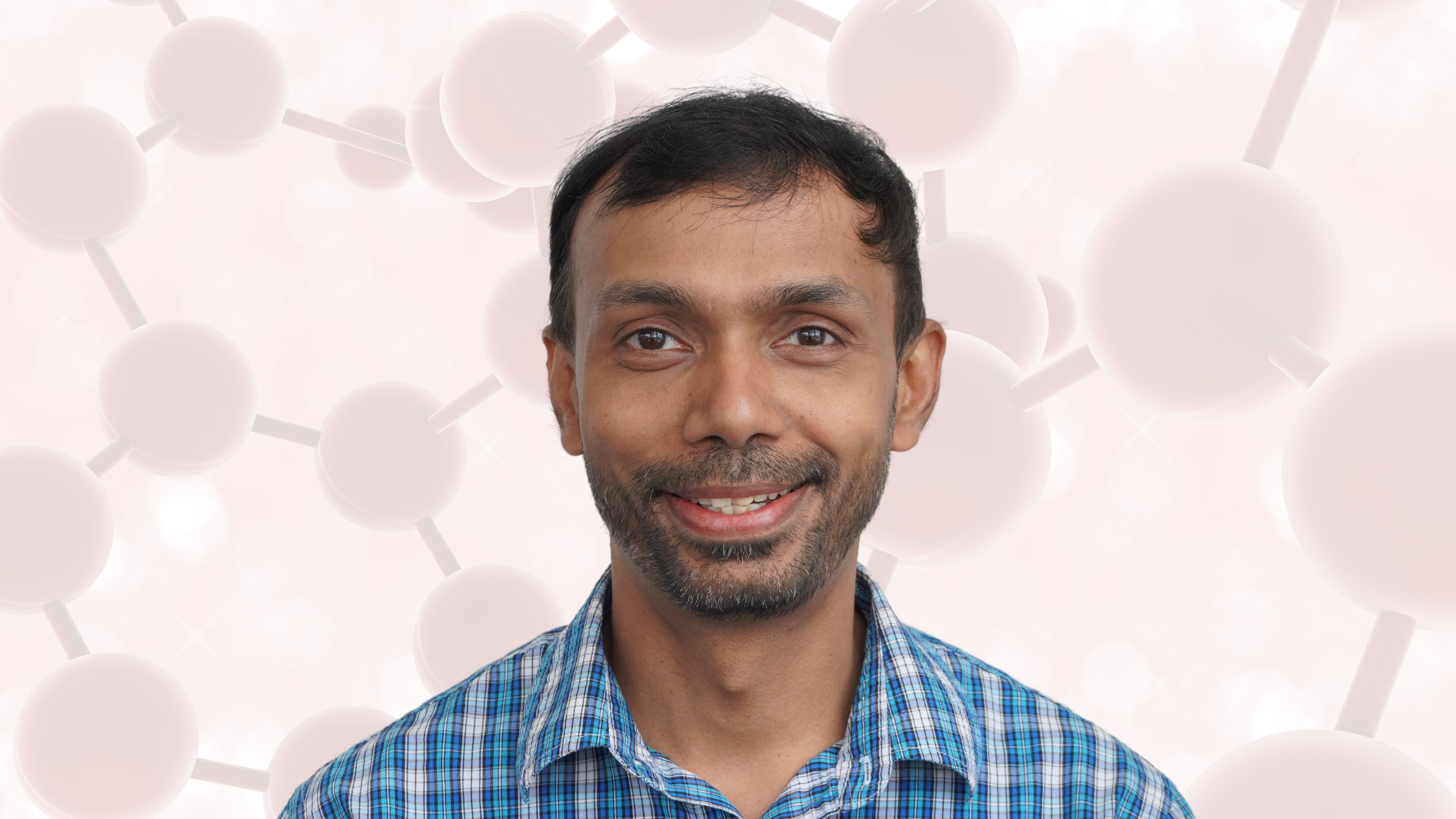
2023
The title of my project is “Dissecting the Functional Role of TRAF2 and UHRF1 E3 Ubiquitin Ligases in HIV Transcription Regulation and Latency”. HIV interacts with the host cell's protein control system, the ubiquitination machinery, which influences its infection, replication, and ability to hide within host cells (latency). Our recent research showed that removing two human ubiquitin enzymes, TRAF2 and UHRF1, increases HIV transcription and reverses latency in human T cells. The project's goal is to understand how these genes affect HIV transcription and bring the virus out of hiding.
This project is focused on understanding how specific human proteins affect HIV infection and latency in human immune cells. It perfectly aligns with the HARC Center's goal of deepening our understanding of the crucial interactions between HIV proteins and host cellular systems.
One of the most captivating aspects of this project is that we're studying HIV-host interactions and latency directly in human T cells, rather than relying on immortalized cell lines. Our findings will significantly improve our understanding of the processes involved in HIV transcriptional silencing and reactivation in human cells. Furthermore, the insights gained from this project could open up new avenues for developing therapeutic strategies to disrupt latency, including latency reactivation ("shock and kill"), latency silencing ("lock and block"), and immune-based cell-killing approaches.
Continuing to deepen our knowledge of HIV-host protein complexes, particularly in the relevant cell types, is crucial for discovering therapeutic targets for an HIV cure. Currently, our understanding of these complexes is limited given they have been mostly studied in physiologically less relevant immortalized cell lines. Examining the composition and function of these effector complexes in primary human immune cells like CD4 T cells and macrophages will enable us to better comprehend the underlying mechanisms and devise effective treatment strategies.